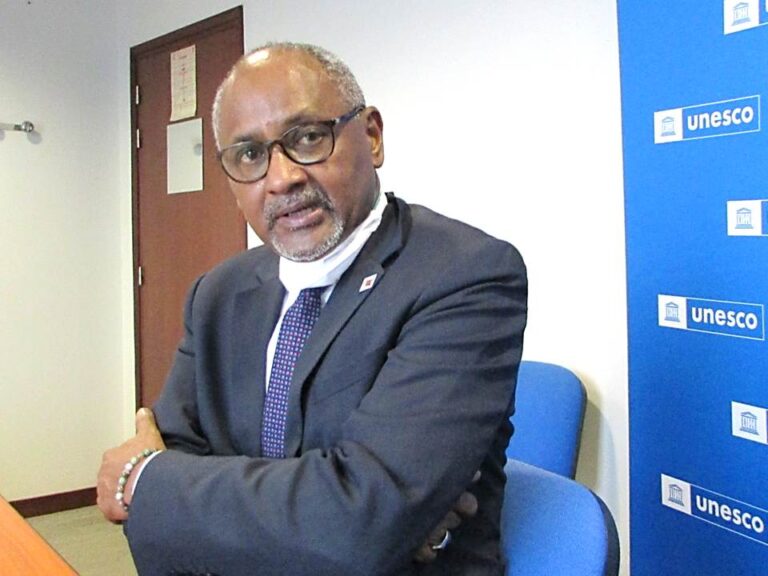Matoko told Prensa Latina that education plays a key role in this objective, based on the vision of backing the leading role of future generations in projecting a different world.
“There is a desire for peace in young people, they do not want to live under conflict, hence the relevance of work from childhood in terms of peaceful coexistence within diversity,” the official said.
According to Matoko, there are several UNESCO programs and recommendations to sensitize political leaders and support social stakeholders, based on the continent’s own decisions for its rebirth and transformation, reflected in the plans of the African Union and governments in initiatives such as Agenda 2063.
In regards to this, he highlighted events held in Luanda, Angola, with the participation of various components of civil society.
Matoko commented that conflicts in Africa have evolved in recent decades, to challenges such as terrorism, but he ruled out taking on the often-promoted image of it as a violent place.
mh/llp/oda/wmr










